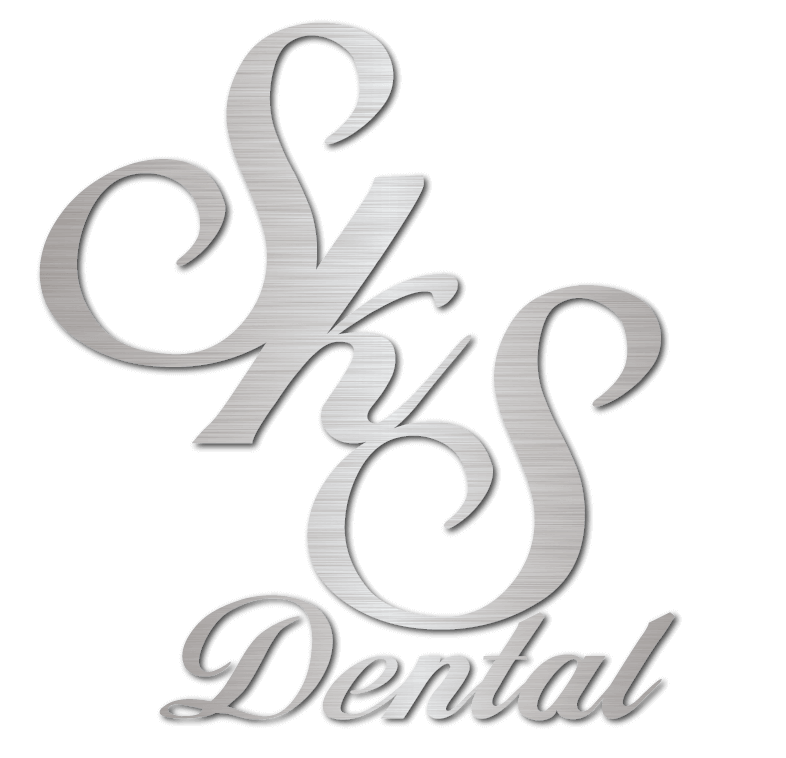Conveniently located to serve Arlington, Alexandria, and Washington DC
Bruxism
Bruxism refers to an oral parafunctional activity that occurs in most humans at some point in their lives. Grinding of the teeth and clenching of the jaw are the two main characteristics of this condition, which can occur during the day or at night.
Bruxism is one of the most common known sleep disorders and causes most of its damage during sleeping hours. The clenching and grinding which accompanies bruxism is symptomatic of a malfunctioning chewing reflex, which is turned off in non-sufferers when sleeping. For sufferers, deep sleep or even naps cause the reflex nerve control center in the brain to turn off and the reflex pathways to become active.
Typically, the incisors and canines (front 6 upper and lower teeth) of opposing arches grind against each other laterally. This side to side action puts undue strain on the medial pterygoid muscles and the temporomandibular joints. Earache, depression, headaches, eating disorders, and anxiety are among the most common symptoms of bruxism; these symptoms also accompany health issues such as chronic stress, Alzheimer’s disease, and alcohol abuse.
Bruxism is frequently misdiagnosed or not diagnosed at all, because it is only one of several potential causes of tooth wear. Only a trained professional can tell the difference between bruxing wear and wear caused by overly aggressive brushing, acidic soft drinks, and abrasive foods.
Reasons for the treatment of bruxism
Here are some of the main reasons why bruxism should be promptly treated:
- Gum recession and tooth loss – Bruxism is one of the leading causes of gum recession and tooth loss. It damages the soft tissue directly and leads to loose teeth and deep pockets, where bacteria can colonize and destroy the supporting bone.
- Occlusal trauma – The abnormal wear patterns on the occlusal (chewing) surfaces can lead to fractures in the teeth, which may require restorative treatment.
- Arthritis – In severe and chronic cases, bruxing can eventually lead to painful arthritis in the temporomandibular (TMJ) joints (the joints that allow the jaw to open smoothly).
- Myofascial pain – The grinding associated with bruxism can eventually shorten and blunt the teeth. This can lead to debilitating headaches and muscle pain in the myofascial region.
Your Bruxism Consultation
When preparing for your bruxism consultation, it is best to write out a list of questions in advance. This will ensure that all your concerns are addressed.
During a consultation at SKS Dental, Dr. Sabharwal will ask you about your symptoms. She will also ask questions regarding your sleep habits, your dental care routines, any medications you are currently taking, and other lifestyle factors. This will help her determine the cause of your bruxism.
Dr. Sabharwal will evaluate the extent of the damage that the bruxism has caused. X-rays may be used to further evaluate this damage.
Next, using the information gathered during this consultation, Dr. Sabharwal will select the proper treatment for your bruxism. She will go over the treatment in great detail, ensuring that you fully understand the steps involved.
Bruxism Treatment Options
Along with treating the cause of bruxism, it is important to address the condition’s mechanism of action in order to limit further damage.
Splints and mouth guards are popular bruxism treatment options that can be worn inside the mouth overnight. These are made of hard or soft materials. They are placed over the teeth, where they fit snugly. This protects the teeth from the wear and tear caused by grinding.
We also perform photobiomodulation therapy (PBM) for TMJ pain, which can be caused by untreated bruxism. This FDA-approved state-of-the-art option is also known as LLLT (low-level laser therapy).
Photobiomodulation uses the Gemini laser to deliver infra-red light to the jaw. This non-invasive pain-free process boosts collagen production in the ligaments and tissues. Circulation is increased and the nerves are healed, putting an end to TMJ-related pain, stiffness, and discomfort.
To learn more about photobiomodulation, take a look at the following clinical articles:
– Low-Level Laser Therapy for Temporomandibular Disorders: A Systematic Review with Meta-Analysis
Schedule Your Consultation
There are a variety of ways to treat bruxism in Arlington. Please contact our office to arrange a consultation and find out more about how we can help you.
Dr. Sabharwal is a wonderful dentist! I would highly recommend her and have done so to all my friends. Her new office is bright and welcoming. Her staff are friendly and helpful. She is very patient with me – I’m nervous about going to the dentist- and I appreciate how she explains the procedures when I ask for more information. She also sees my kids- ages 4,9 and 77- and they enjoy going to visit her. She has a great manner with children and adults. We are so happy to have found such a great dentist!
